The Politics of Marriage and Gender: Global Issues in Local Contexts
Series Editor: Pter Berta
The Politics of Marriage and Gender: Global Issues in Local Contexts series from Rutgers University Press fills a gap in research by examining the politics of marriage and related practices, ideologies, and interpretations, and addresses the key question of how the politics of marriage has affected social, cultural, and political processes, relations, and boundaries. The series looks at the complex relationships between the politics of marriage and gender, ethnic, national, religious, racial, and class identities, and analyzes how these relationships contribute to the development and management of social and political differences, inequalities, and conflicts.
Joanne Payton, Honor and the Political Economy of Marriage: Violence against Women in the Kurdistan Region of Iraq
Rama Srinivasan, Courting Desire: Litigating for Love in North India
Hui Liu, Corinne Reczek, and Lindsey Wilkinson, eds., Marriage and Health: The Well-Being of Same-Sex Couples
Sara Smith, Intimate Geopolitics: Love, Territory, and the Future on Indias Northern Threshold
Rebecca Joubin, Mediating the Uprising: Narratives of Gender and Marriage in Syrian Television Drama
LCCN: 2019030611
A British Cataloging-in-Publication record for this book is available from the British Library.
Copyright 2020 by Rebecca Joubin
All rights reserved
No part of this book may be reproduced or utilized in any form or by any means, electronic or mechanical, or by any information storage and retrieval system, without written permission from the publisher. Please contact Rutgers University Press, 106 Somerset Street, New Brunswick, NJ 08901. The only exception to this prohibition is fair use as defined by U.S. copyright law.

The paper used in this publication meets the requirements of the American National Standard for Information SciencesPermanence of Paper for Printed Library Materials, ANSI Z39.48-1992.
www.rutgersuniversitypress.org
Manufactured in the United States of America
T he politics of marriage (and divorce) is an often-used strategic tool in various social, cultural, economic, and political identity projects as well as in symbolic conflicts between ethnic, national, or religious communities. Despite having multiple strategic applicabilities, pervasiveness in everyday life, and huge significance in performing and managing identities, the politics of marriage is surprisingly underrepresented both in the international book publishing market and in the social sciences.
The Politics of Marriage and Gender: Global Issues in Local Contexts is a series from Rutgers University Press examining the politics of marriage as a phenomenon embedded in and intensely interacting with much broader social, cultural, economic, and political processes and practices such as globalization; transnationalization; international migration; human trafficking; vertical social mobility; the creation of symbolic boundaries between ethnic populations, nations, religious denominations, or classes; family formation; and struggles for womens and childrens rights. The series primarily aims to analyze practices, ideologies, and interpretations related to the politics of marriage and to outline the dynamics and diversity of relatednessinterplay and interdependence, for instancebetween the politics of marriage and the broader processes and practices mentioned above. In other words, most books in the series devote special attention to how the politics of marriage and these processes and practices mutually shape and explain each other.
The series concentrates on, among other things, the complex relationships between the politics of marriage and gender, ethnic, national, religious, racial, and class identities globally, and examines how these relationships contribute to the development and management of social, cultural, and political differences, inequalities, and conflicts.
The series seeks to publish single-authored books and edited volumes that develop a gap-filling and thought-provoking critical perspective, that are well-balanced between a high degree of theoretical sophistication and empirical richness, and that cross or rethink disciplinary, methodological, or theoretical boundaries. The thematic scope of the series is intentionally left broad to encourage creative submissions that fit within the perspectives outlined above.
Among the potential topics closely connected with the problem sensitivity of the series are honor-based violence; arranged (forced, child, etc.) marriage; transnational marriage markets, migration, and brokerage; intersections of marriage and religion/class/race; the politics of agency and power within marriage; reconfiguration of family: same-sex marriage/union; the politics of love, intimacy, and desire; marriage and multicultural families; the (religious, legal, etc.) politics of divorce; the causes, forms, and consequences of polygamy in contemporary societies; sport marriage; refusing marriage; and so forth.
MEDIATING THE UPRISING IS A UNIQUE, insightful, and thought-provoking summary of why and how metaphors of marriage and gender are used strategically in postrevolutionary Syrian television drama. The chapters brilliantly outline how (the subculture of) post-uprising television miniseries can mediatethrough staging and framing the themes of love, sexuality, and marriagepolitical critique of the state and current power relations; social critique of the ethics of sociability amid war and bloodshed; and, finally, a cultural critique of certain gender and marital roles and identities. Mediating the Uprising offers an excellent insight not only into the dynamics of (narrative, value-based) conflicts between the political regime and the opposition, but also into how the politics of nostalgia, fatherhood, and masculinity work; how various (often contesting) interpretations and visions of the nations past and future are negotiated; and how cultural forms and mechanisms of everyday resistance against oppression are deployed in contemporary Syrian society. Using the lens of marriage and gender, the ultimate aim of Joubins nuanced and impressive monograph is to demonstrate and analyze continuities and discontinuities in Syrian television drama, politics, and societyconvincingly highlighting (via investigating, among other things, seven seasons of drama, press releases, anecdotes, and interviews) how art and the drama creators themselves are involved in shaping the ongoing public debate on the meanings and consequences of the 2011 Syrian revolution.
PTER BERTA
University College London
School of Slavonic and
East European Studies

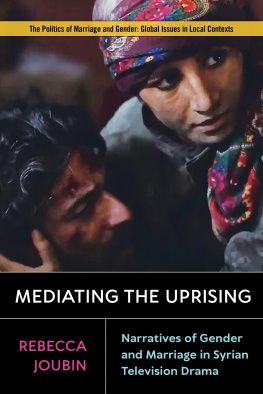

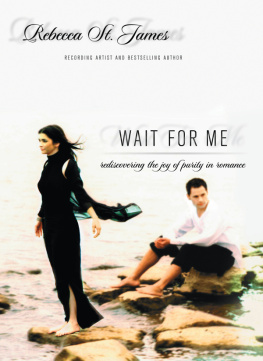
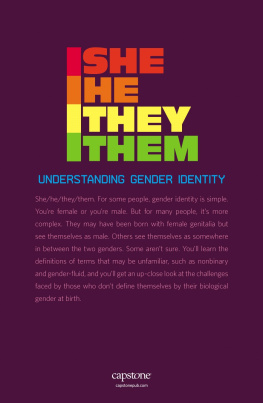
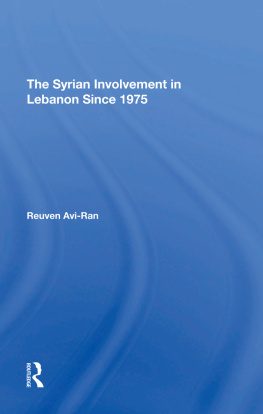
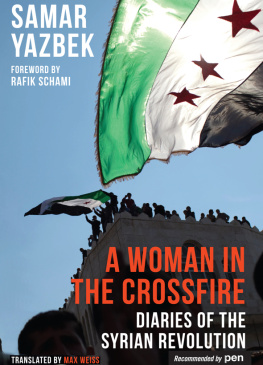


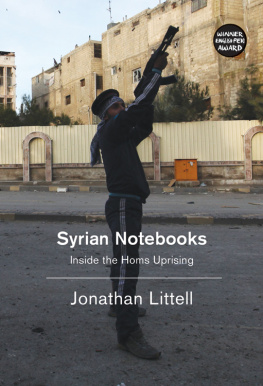

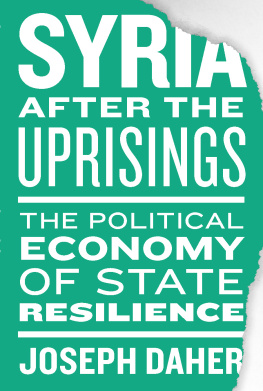
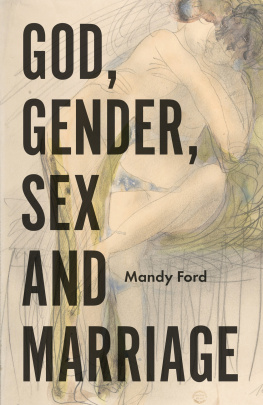



 The paper used in this publication meets the requirements of the American National Standard for Information SciencesPermanence of Paper for Printed Library Materials, ANSI Z39.48-1992.
The paper used in this publication meets the requirements of the American National Standard for Information SciencesPermanence of Paper for Printed Library Materials, ANSI Z39.48-1992.